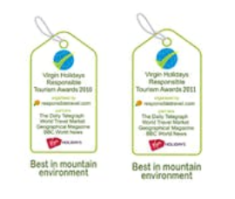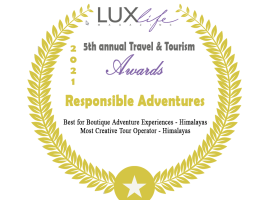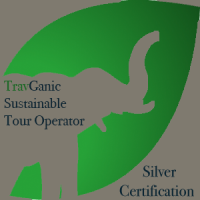The Everest region to ban plastic bags and bottles from January 2020
The local government will ban plastic products below thirty microns, including beverages in plastic containers, from January 2020. The Everest region is all set to become a plastic-free zone. Having struggled for decades with piles of garbage in the Everest region, which has caused to gain unwanted notoriety as the ‘world’s highest garbage dump,’ the local administration has approved a plan to declare the entire area a ‘no plastic’ zone from next year.
The Khumbu Pasang Lhamu Rural Municipality of Solukhumbu district has decided to impose a ban on plastic bags, bottles, and other products, indicating their adverse impact on human health, especially in the whole of this region. According to the Chief administrative officer, Ganesh Ghimire, this rural municipality has decided to use plastic bags with less than thirty microns to be prohibited in this region while passing its policies and programs for the current fiscal year.
Even bottled drinks will be banned from the area with the new rule. Only beverages packaged in cans will be allowed from January onwards. “The home to the tallest mountains in the world has witnessed havoc created by plastic in this fragile region over the years,” said Mr Ghimire. “The Everest region keeps getting inundated with plastic with the growing number of visitors. Therefore, this initiative is necessitated to get rid of plastics from this region.”
According to Mr Ghimire, no one – be it locals or tourists- will be allowed to bring or use plastic bags and bottles inside the rural municipality once the rule is implemented. “We will only allow canned drinks since cans are less environmentally hazardous than plastic. The locals will also recycle the cans,” Mr Gimire said. However, he also noted that imposing such a strict ban was essential as the region is plastered with plastic products.

“We will only allow canned drinks because cans are not as hazardous for the environment as plastic. Locals can also recycle cans,” Ghimire said. “It was necessary to impose such a strict ban because the region was plastered with plastic and other items made of plastic.”
This region has also been struggling badly with solid waste management contributed by the visitors to this area year in and year out. Several hundred mountaineers, climbing Sherpas, guides, and other high-altitude support staff en route to Everest leave behind tonnes of biodegradable and non-biodegradable wastes such as empty oxygen canisters, bottles, kitchen waste, ropes, and faecal matter. All of this results in the pollution of the area and the settlements downstream.
The government rule that every climber must bring back at least 8 kgs of garbage—the estimated amount of trash generally produced by each climber on average—has continued to be mostly unproductive.
A 45-day ‘Everest Cleaning Campaign,’ led by the rural municipality that various governmental and non-governmental agencies supported, had brought down nearly 11,000 kgs of garbage from the world’s tallest peak earlier this year. Plastic in multiple forms and sizes was the major item in the collected trash. This campaign was one of the most ambitious clean-up projects conducted on Everest at a cost of more than RS 25 million.
“Asides from disturbing the natural environment, a large amount of money has to be spent annually to clear all this garbage,” said Ghimire. The local authority will distribute five alternative bags free of cost to each resident in this rural municipality. There are roughly 2000 households. One of the biggest fears the local authority has is the worsening of plastic pollution with the opening of a road that connects Kharikhola in ward-1 of the rural municipality with Chaurikharka in ward-3.
According to the rural municipality’s estimate, nearly 150,000 tourists use this route annually. The number will rise to as much as half a million next year. “More tourists/trekkers on this route could mean more plastic in the region,” Mr Ghimire said. “The time is right to prohibit plastic here before we face an unusual amount of plastic soon.”
Yoga Retreats in Nepal
Check out our Trekking packages for Nepal, Bhutan, India, and Tibet.
















